Many an analyst have predicted that the dollar will unofficially hit the dreaded 1000 naira mark at the parallel market by the end of the year unless monetary policy managers – The Central Bank of Nigeria (CBN) – does something dramatically drastic.
Indications are rife that the Naira is inching closer and closer to official devaluation on the back of fund rate hikes in the United States of America, United Kingdom and the rest of Europe.
Join our WhatsApp ChannelCBN’s Monetary Policy Committee (MPC), which has retained double-digit lending rate in response to persistent inflation, foreign exchange-for-imports pressures and pre-election year expectations, will meet on Monday September 26 and Tuesday September 27 to further tighten liquidity.
READ ALSO: EDITORIAL: How To Save The Naira
Inflation-induced lending rate increases in the United States and the United Kingdom are further heightening fears of possible official devaluation of Nigeria’s currency, the Naira, ”in a matter of days,” even as Nigeria’s apex bank struggles with heightened macroeconomic uncertainties.
READ ALSO: Dollar To Naira Exchange Rate: Dollar Falls In Black Market, Sells At N436.50 In Official Market
Federal Reserve Officials lifted the key benchmark borrowing rate to the highest level since 2008. Persistently high inflation in the US could also keep the Fed on an aggressive path as officials in September hinted they could continue to back more historically large rate moves at the two remaining meetings this year.
Prime Business Africa reports that the federal fund rate has not risen this much in one single year since the 1980s. Consumer borrowing costs which are influenced by Fed are already following suit with unprecedented increases. This is where borrowing nations like Nigeria are at the crossroads.
Houston, US-based Nigerian market analyst Chris Okonim, told Prime Business Africa on telephone that Fed and the European Central Bank’s had implementation of a third successive 0.75 percentage point increase in just one week is further endangering many struggling African economies that borrowed funds from the West on adjustable (jumbo) rates to execute development projects.
”The Naira is about to be devalued within days,” a very reliable US-based economist told Prime Business Africa in a chat on Wednesday. ”USA Federal Reserves just increased her fed fund rate by 75 basis points and this action definitely will have global consequences,” he said without giving further details, when asked why he was preempting the move.
The wide discrepancy between the black market (N720+/1$) and the CBN’s official window (N431.09+/1$) has been a major concern for the apex bank which has legitimately starved Bureau de Change (BDC) operators of forex supply and at many times swooped on them with security agents, including the Economic and Financial Crimes Commission (EFCC).
Notwithstanding, the current trend at the parallel market points to the possibility that the dollar could indeed exchange for N1,000 by December, 2022.
This and many other factors – including the fund rate hikes and pressure on external debt servicing – mount substantial pressure on the CBN to consider official devaluation of the currency whose value is already considered as wrongly and artificially pegged at N431.09/1$
Devaluation – a reduction in the value of a country’s money exchanged for that of another – has remained an attractive option for Nigeria and other countries in recession and has always been in sync with the advice of the International Monetary Fund (IMF) in that regard.
Weak (devalued) currencies are best for exports-enabled and heavy forex-earning countries, among which Nigeria has lost a meaningful position.
Nigeria faces its currency war even as countries are fighting to strengthen their currencies against the dollar by revving up local manufacturing and production for exports as well as through monetary policy interventions.
Japan, on Thursday, intervened to strengthen its yen for the first time since the late 1990s after the currency tumbled to a 24-year low following pledges by the central bank to stick with its ultra-loose policy.
Prime Business Africa reports that the intervention, which according to traders, was conducted shortly after 5pm local time in Tokyo, saw the yen to surge from 145.83 to 142.39 in few minutes.
For the Nigeria’s currency, the naira, there has been a very wide margin between the official and parallel or black market rates. While the naira exchanges
Both the Federal Reserve in the US and the Bank of England increased fund rates in the last few days. While the US’ fed fund rate was increased by 75 basis (0.75) points, the Bank of England on Thursday September 22, 2022, lifted interest rates by 0.5 percentage points to 2.25 percent, the highest level since 2008. the Bank of England however held back from the more aggressive approach deployed by the US Fed. Reserve and the European Central Bank.
The fed rate, similar to Nigeria’s MPR, is the US apex bank-determined fund rate on which commercial banks and other lending institutions decide the tempo of dollar-based money supply across the economy and globally. Persistent fund rate increases in response to surging inflation in the US, UK and all over Europe mean equivalent increase of interests on loans secured by Nigeria and the others, forcing them to pay much more for servicing the loans than anticipated.
Nigeria is one of the most affected in this case as a big chunk of its N40.61 trillion debt were incurred from Western low-interest loans put on adjustable rates.
US Mortgages and loans acquired on adjustable, rather than fixed, rates are considered very attractive but subject to the vagaries of monetary policy environment dependent on inflationary trends and other economic indicators.
Several of Nigeria’s external loans, which Presidential sources often refer to as having been procured on very low interest rates, are on adjustable interest rates leading to sudden jump in debt servicing costs as the US continues to tackle its rising inflation by repeatedly increasing the fed fund rates.
CBN’s MPC Meets To Further Tighten Liquidity
The Monetary Policy Committee of the CBN will be holding its 287th meeting from Monday September 26 to Tuesday September 27, 2022 and the global economic and interest rate outlook will form the basis of its decisions. There are also indications that the MPC will not lower the 14 percent MPR. Rather, members are more likely to push for further raise to somewhere between 14.5 percent and 15 percent, and subsequently take far-reaching steps suggestive of further devaluing the Naira and bridging the yawning gap between the official and black market exchange rates. Official exchange rate as at Thursday September 16, 2022 was N431.09 per dollar, whereas the dollar exchanged N711 at the parallel market within the same period.
The MPC had earlier in its July meeting lamented the “…declining global trade; and growing risks to financial stability associated with the burgeoning global private and public debt profile.
In its 286th meeting, the MPC actually raised the MPR (fund rate) by 100 basis points, from 13 percent to 14 percent, in what many saw as a response to high inflationary trend, forex scarcity and high interest rates from the global lending community. Data from the National Bureau of Statistics (NBS) in August showed that the rate of inflation stood at 20.52 percent, a 0.88 percent increase from the 19.64 percent it was in the preceding month of July.
Nigeria’s external debt, as of June 2022, stands at N16.61 trillion, according to the Debt Management Office (DMO). The domestic loan is N26.23 trillion, while the total debt is over N42 trillion.




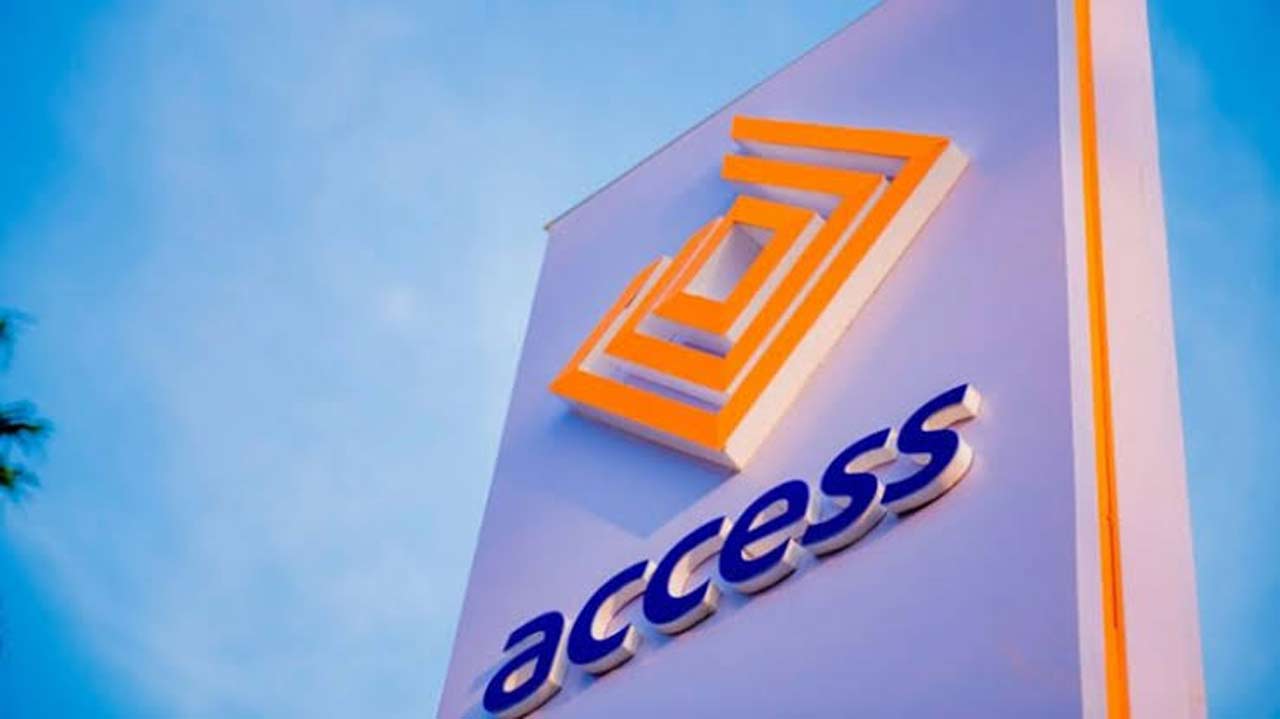
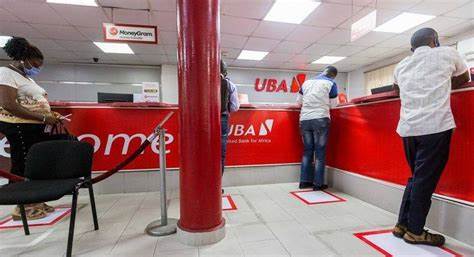








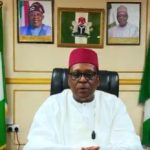
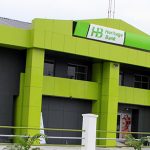
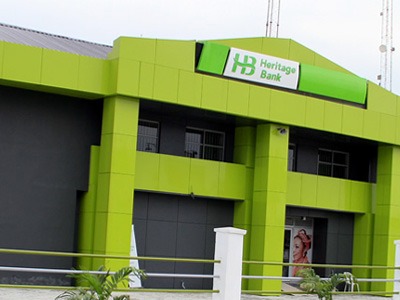
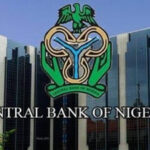
Follow Us